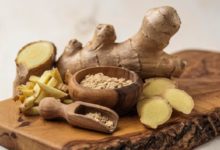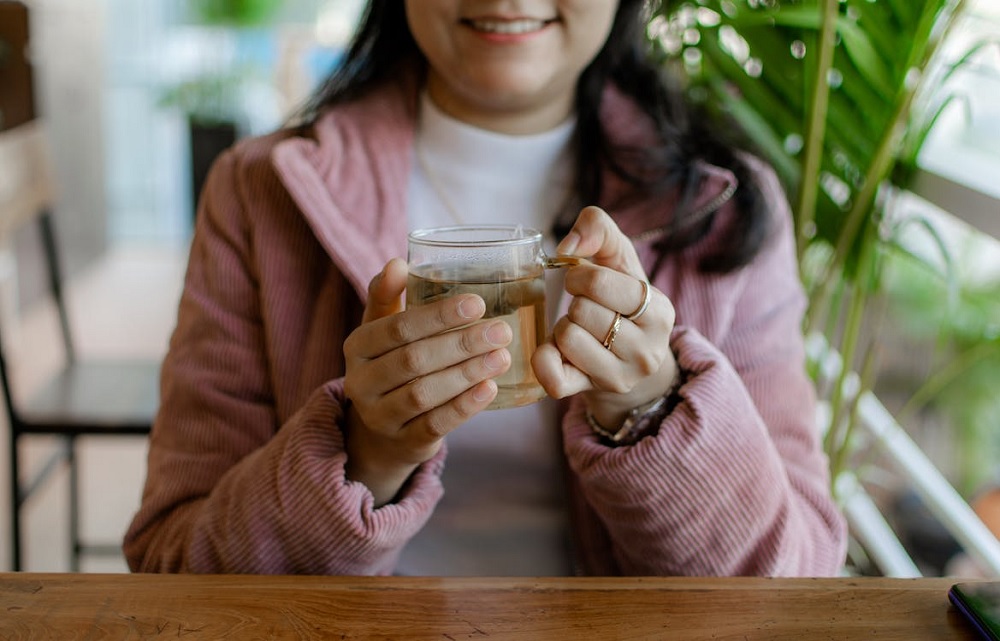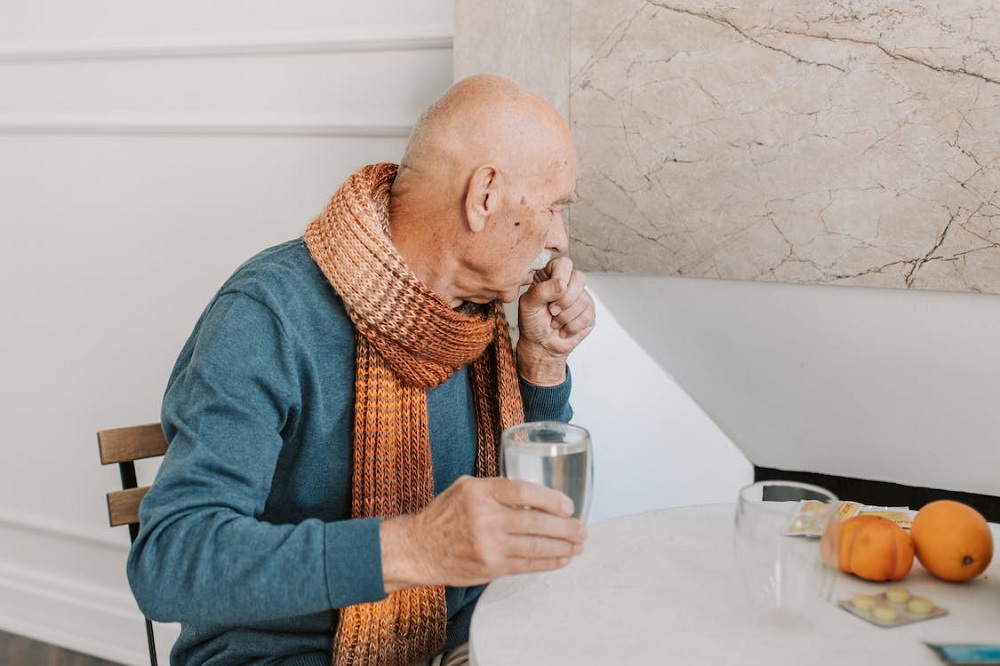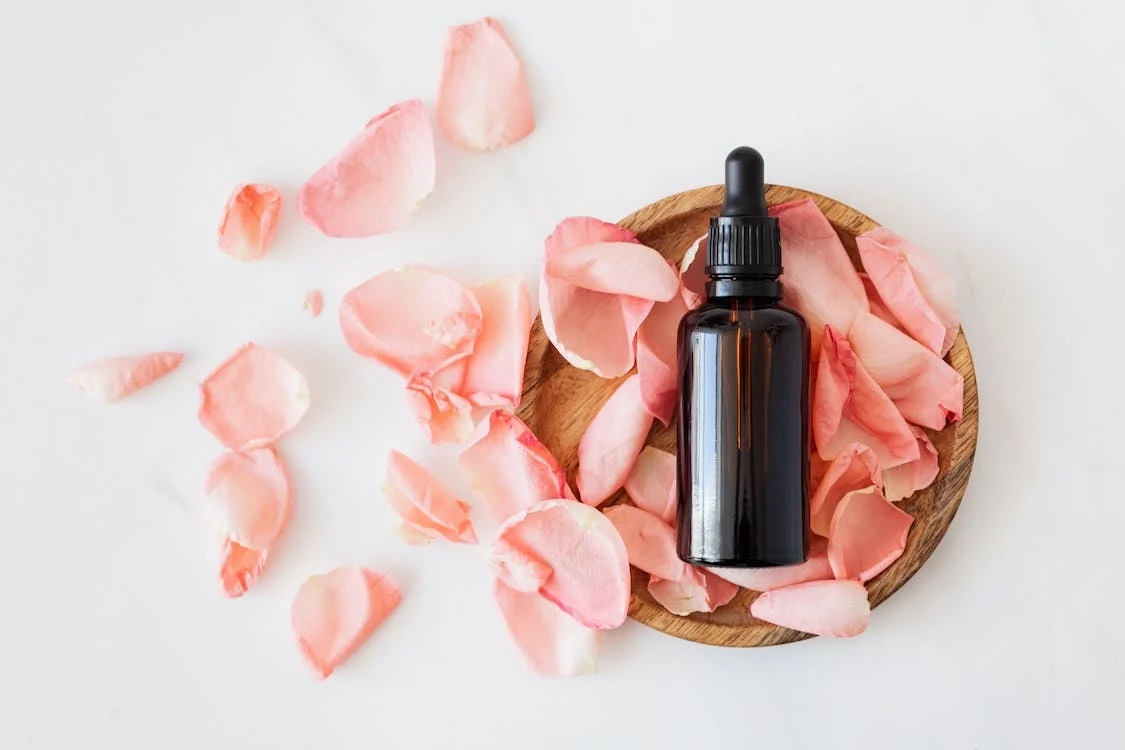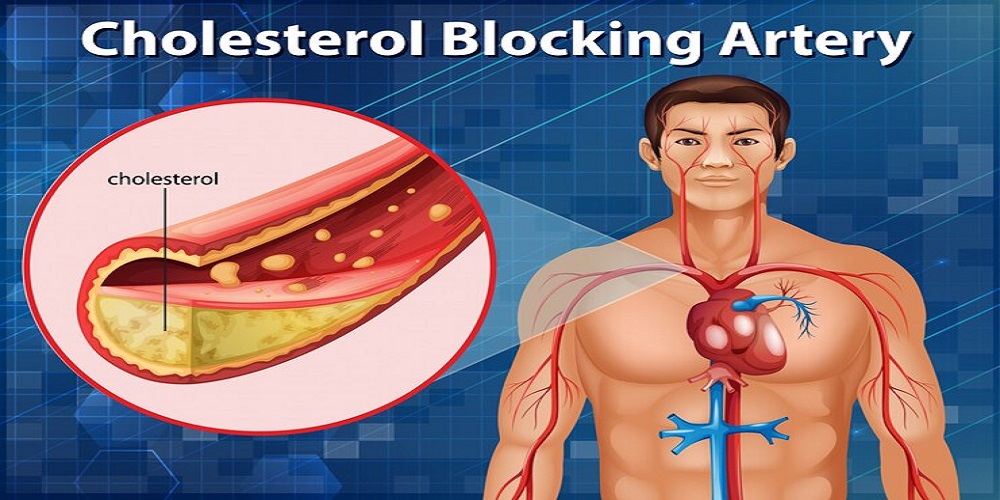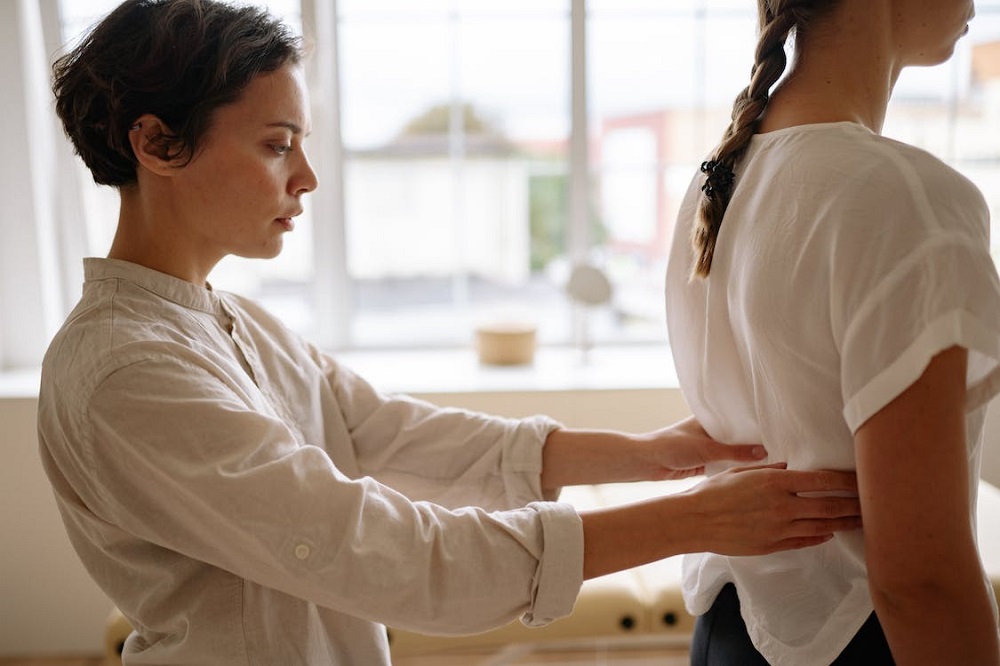Natural Remedies for Hair Growth and Healthy Hair
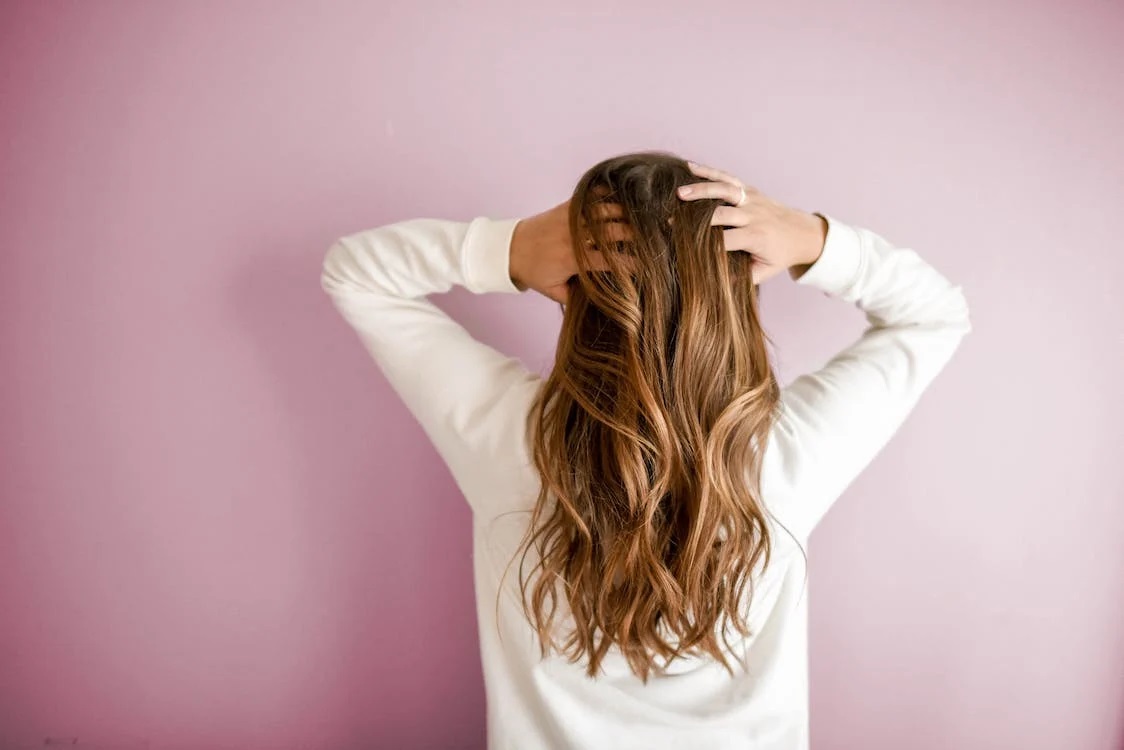
Are you tired of dealing with hair problems like hair loss, dull and lifeless locks, and an itchy scalp? You’re not alone. Many people struggle with maintaining healthy hair, but the good news is that there are natural remedies that can help. In this article, we’ll explore various methods to promote hair growth and maintain vibrant, healthy hair without resorting to harmful chemicals or expensive treatments.
Before we delve into natural remedies, let’s understand why healthy hair is essential. Your hair is not just an aesthetic feature; it can be a reflection of your overall health. Shiny, luscious locks are often seen as a sign of vitality. Healthy hair can boost your self-confidence and make you feel better about yourself.
Common Hair Problems
Hair Loss
Hair loss is a common concern for both men and women. Factors such as genetics, hormonal changes, and stress can contribute to this problem. Fortunately, there are natural remedies that can help combat hair loss. Hair loss can be a distressing experience, leading to a loss of self-esteem and confidence. It often occurs due to a hormone called dihydrotestosterone (DHT) that affects hair follicles.
Natural remedies like saw palmetto, rosemary oil, and scalp massages can inhibit DHT and promote hair growth. Remember, consistency is key when using these remedies, and results may take several weeks to become noticeable.
Dull and Lifeless Hair
If your hair lacks its natural shine and appears lifeless, it’s time to revive it. Dull hair can result from inadequate nourishment and harsh hair products. Dullness is often the result of product buildup, overuse of styling products, and damage from heat styling tools. To restore your hair’s natural shine, consider using a clarifying shampoo to remove residue. Follow this with a deep-conditioning treatment at least once a week. Additionally, avoid over-styling and use a heat protectant whenever you use hot tools.
Dandruff and Itchy Scalp
An itchy scalp and dandruff can be not only uncomfortable but also embarrassing. These issues are often linked to an unhealthy scalp, and addressing them is crucial for maintaining healthy hair. Dandruff can be caused by various factors, including dry skin, fungal infections, or sensitivity to hair products.
For a natural remedy, try massaging your scalp with tea tree oil or aloe vera gel, both of which have anti-inflammatory and antifungal properties. Incorporating an apple cider vinegar rinse into your hair care routine can also help balance the scalp’s pH and reduce dandruff. If dandruff persists, consult a dermatologist for further guidance.
Natural Remedies for Hair Growth
Aloe Vera
Aloe vera is a versatile plant with numerous benefits for your hair. It can reduce dandruff, soothe an itchy scalp, and promote hair growth. Apply aloe vera gel to your scalp and hair, leave it for 30 minutes, and then rinse thoroughly.
Aloe vera is a natural moisturizer, rich in vitamins and minerals that promote healthy hair growth. It also has enzymatic properties that repair dead skin cells on the scalp. Regular use can leave your hair softer, shinier, and free from dandruff and itchiness.
Coconut Oil
Coconut oil is a fantastic natural conditioner. It helps nourish your hair, prevent protein loss, and stimulate hair growth. Apply warm coconut oil to your hair, massage it in, and leave it for at least an hour before washing it out. Coconut oil contains fatty acids that penetrate the hair shaft, reducing protein loss and preventing damage. It also has antifungal properties that can help combat dandruff and maintain a healthy scalp. Regular use of coconut oil can lead to stronger, more resilient hair.
Onion Juice
Onion juice might not sound pleasant, but it’s a potent remedy for hair growth. It’s rich in sulfur, which boosts collagen production and encourages hair growth. Apply onion juice to your scalp, leave it for 15-30 minutes, and then wash your hair.
Sulfur in onions helps increase blood circulation to the hair follicles, promoting hair growth. It also has antibacterial properties that can combat scalp infections. For a milder scent, mix the onion juice with other natural ingredients like honey or aloe vera gel.
Nourishing Your Hair from the Inside
Promoting healthy hair isn’t just about what you apply externally; it’s also about what you consume. A well-rounded approach to hair care involves nurturing your hair from within, and this begins with a balanced diet, proper hydration, and considering the right vitamins and supplements for optimal hair health.
Balanced Diet
Eating a balanced diet with sufficient vitamins and minerals is crucial for healthy hair. Your hair requires a range of nutrients to grow strong and lustrous. To achieve this, include a variety of foods in your daily meals. Leafy greens, such as spinach and kale, are rich in vitamins like A and C, which help in sebum production for a natural hair conditioner.
Nuts, particularly almonds, are packed with biotin, a B vitamin essential for healthy hair. Additionally, fish like salmon and mackerel provide omega-3 fatty acids that nourish the scalp and promote hair growth. Consuming a diverse range of nutrients supports the overall health of your hair.
Hydration
Proper hydration is essential for overall health, and it’s no different for your hair. Dehydration can affect hair growth and lead to a dry, lackluster appearance. Drinking an adequate amount of water ensures your hair remains well-hydrated and vibrant. Aim to drink at least eight glasses of water daily, and more if you are physically active or live in a dry climate.
Well-hydrated hair is less prone to breakage, split ends, and dullness. Along with water, include hydrating foods in your diet, such as water-rich fruits and vegetables, to maintain the moisture balance in your hair.
Vitamins and Supplements
Incorporating vitamins and supplements into your diet can significantly contribute to hair health. While a well-balanced diet is the foundation, certain vitamins and minerals can complement your efforts. Biotin, often known as “the hair vitamin,” is essential for hair strength and texture. It helps convert food into energy for the maintenance and growth of hair.
Vitamin A is essential for a healthy scalp and can be found in foods like sweet potatoes and carrots. Omega-3 fatty acids from fish oil or flaxseed oil can help reduce hair loss and promote hair density.
It’s crucial to consult a healthcare professional before starting any new supplements, as excessive intake can have adverse effects on your health. They can assess your specific needs and recommend the right supplements to support your hair and overall well-being.
By focusing on a balanced diet, staying well-hydrated, and consulting a healthcare professional for guidance on supplements, you’ll nourish your hair from the inside, ensuring it has the essential nutrients required for vitality and growth. Remember that healthy hair starts with a healthy body, and these practices will contribute to a radiant and resilient mane.
Avoiding Damaging Hair Practices
To maintain healthy and vibrant hair, it’s not only essential to know what to do but also what to avoid. Certain hair care practices can lead to damage and hinder your hair’s natural beauty. Let’s explore two critical aspects: heat styling and overwashing.
Heat Styling
Excessive heat styling can damage your hair. The consistent use of hairdryers, straighteners, and curling irons can lead to brittle and dry hair. The high temperatures can weaken the hair’s protein structure, making it more susceptible to breakage. To protect your hair from heat damage, minimize the use of these styling tools. When you must use them, apply a heat protectant spray or serum before styling.
This creates a barrier that shields your hair from the direct heat, reducing the risk of damage. Additionally, choose the lowest effective temperature setting on your styling tools to further mitigate the harm caused by high heat.
Overwashing
Washing your hair daily can strip it of natural oils, leaving it dry and prone to damage. The natural oils, or sebum, produced by your scalp, play a vital role in keeping your hair healthy. They provide moisture, shine, and act as a protective barrier. Overwashing can lead to an overproduction of sebum, creating an undesirable cycle where your hair becomes greasier faster.
Aim for a balanced washing schedule, depending on your hair type. Generally, it’s recommended to wash your hair every 2-3 days, adjusting as needed for your specific hair needs. When you do shampoo, use a gentle, sulfate-free formula to maintain your hair’s natural moisture balance.
By being mindful of these damaging practices and making necessary adjustments to your hair care routine, you can preserve your hair’s health and beauty. Protecting your hair from excessive heat and finding the right washing schedule will contribute to strong, resilient, and naturally lustrous locks.
Conclusion
Achieving and maintaining healthy hair doesn’t have to be a daunting task. By incorporating natural remedies, nourishing your hair from the inside, avoiding damaging practices, and following some essential hair care tips, you can promote hair growth and enjoy vibrant, healthy locks. Say goodbye to dull, lifeless hair and welcome the confidence that comes with a healthy mane.
FAQs
Can I use aloe vera every day for my hair?
Aloe vera can be used daily, but it’s often more effective when used a few times a week.
How long does it take to see results from natural hair remedies?
Results vary from person to person, but with consistency, you should start seeing improvements in a few weeks to a couple of months.
Are there specific foods I should avoid for healthy hair?
Avoid excessive consumption of sugary and processed foods, as they can impact your hair health negatively.
Can stress really cause hair problems?
Yes, chronic stress can lead to hair loss and other hair problems. Managing stress is essential for maintaining healthy hair.
What’s the best way to prevent split ends?
Regular trims, using a wide-toothed comb, and minimizing heat styling can help prevent split ends.
By following these natural remedies and hair care tips, you can enhance your hair’s health, promoting growth and a vibrant, lustrous appearance. With patience and dedication, you can enjoy the confidence that comes with having healthy and beautiful hair.
